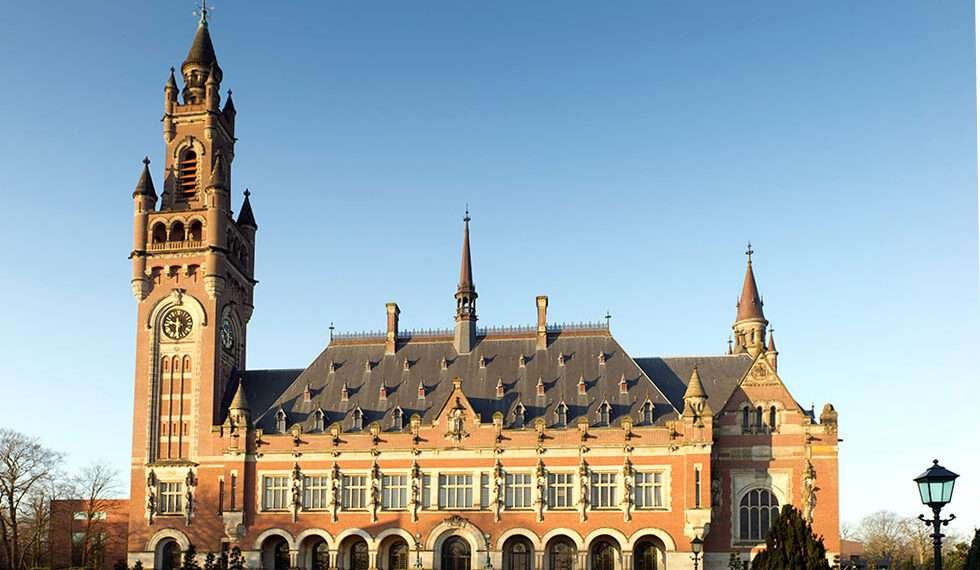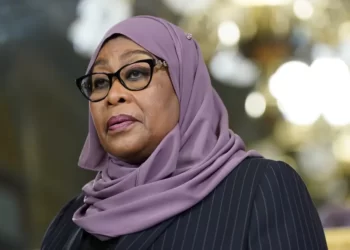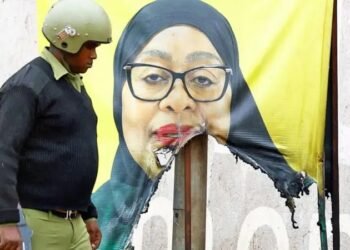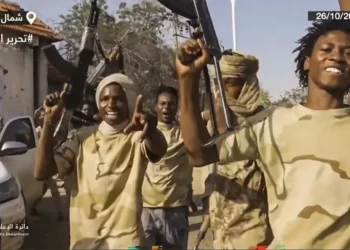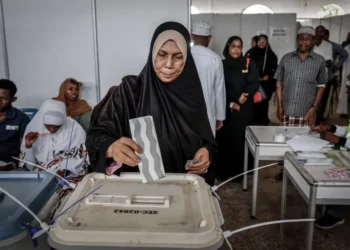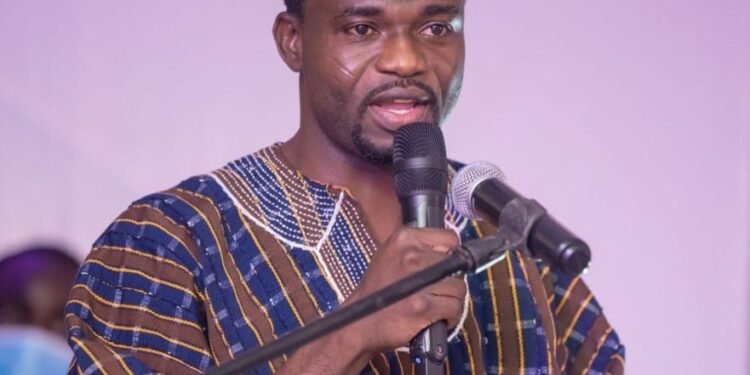The UN’s top court has ordered Uganda to pay the Democratic Republic of Congo (DRC) $325 million over a brutal war two decades ago, just a fraction of what Kinshasa demanded. The court ruled that the amount should be paid in five annual instalments of US$65,000,000, starting September 1, 2022.
The ruling by the International Court of Justice (ICJ) was a blow to the DR Congo after it sought a massive $11 billion in reparations over the devastating conflict that lasted from 1998 to 2003.
Judges stated that Kinshasa failed to prove its African neighbor was directly responsible for more than 15,000 of the hundreds of thousands of people believed to have died during the war.

“The court sets out the total amount of compensation awarded to the DRC, which is 325 million US dollars”.
Joan Donoghue, the chief judge of The Hague-based Court
Breaking down the figure, the court said Uganda must pay $225 million for damage to persons, including deaths, injuries and sexual violence, and $40 million for damage to property.

According to the ruling, Uganda must also pay $60 million for damage to natural resources, including the looting of coltan, a metallic ore used in phones and computers, and other raw materials; deforestation; and the destruction of wildlife.
“It was a reason for pride for us because this condemnation goes in the direction of dissuading any other state that would try to carry out military activities on another independent state without its agreement, but there’s dismay, because the amount for which Uganda was condemned, 325 million, is a very small amount. This amount cannot cover the reparation as expected by the Congolese people”.
Christian Uteki, a Congolese Jurist
The judgment ended a long legal battle. In 2005, the ICJ ruled that Uganda should pay reparations, but the two countries never settled on an amount and no money was ever paid. Kinshasa then claimed more than $11 billion for the occupation of its volatile northeastern Ituri region.
Wrongful international acts
Awarding DR Congo less than one-thirtieth of what it had demanded, the court acknowledged that Uganda was to blame for a “significant part” of the casualties in the war due to its “wrongful international acts”.
But judges said there was “insufficient evidence to support the DRC’s claim of 180,000 civilian deaths for which Uganda owes reparation” by being directly responsible.
“The court considers that the evidence presented to it suggests that the number of deaths for which Uganda owes reparations falls in the range of 10,000 to 15,000 persons”.
Joan Donoghue
The court relied on UN figures and expert reports for its figures, adding that “detailed proof of specific events that have occurred in a devastating war in remote areas almost two decades ago is not available”.
For a 52-year-old Eulalie Likoko, a survivor of Congo conflicts, the effects of the war will not leave its victims.
“Some of us still have the shrapnel in our bodies. Some also need prostheses. Compensation money will help us a lot. That would allow us to put our kids through school, to look after our mothers who lost everything, and to comfort some who were paralyzed”.
Eulalie Likoko
At its height, the conflict drew in nine African countries, with Uganda and Rwanda backing rebel forces against the Kinshasa government as they jostled for control of the mineral-rich Ituri region.
Uganda condemned DRC for Staggering claims
Uganda’s representatives rejected what they called “staggering” demands for the claim, telling the court last year that the $11 billion claimed by DR Congo was “disproportionate and economically ruinous”.
“It essentially seeks to make Uganda responsible for everything that happened in the conflict”, Uganda’s Attorney General William Byaruhanga told the court.
Founded after World War II, the ICJ in The Hague rules in disputes between countries, mainly based on treaties. Its decisions are final and cannot be appealed.
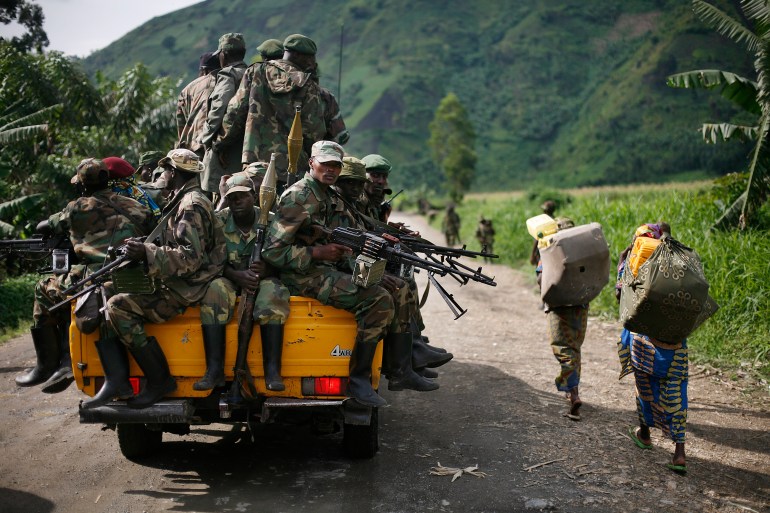
Currently, Congolese and Ugandan troops are back in the region, but this time, in an unprecedented offensive against the Allied Democratic Forces (ADF), the region’s deadliest militia, which the Islamic State group calls its affiliate. DRC DRC
In the latest suspected ADF rebel attack, three people were killed in the Beni territory in the neighboring North Kivu province.
READ ALSO: Ghana’s Private Sector Activity Growth Slows – IHS Markit

